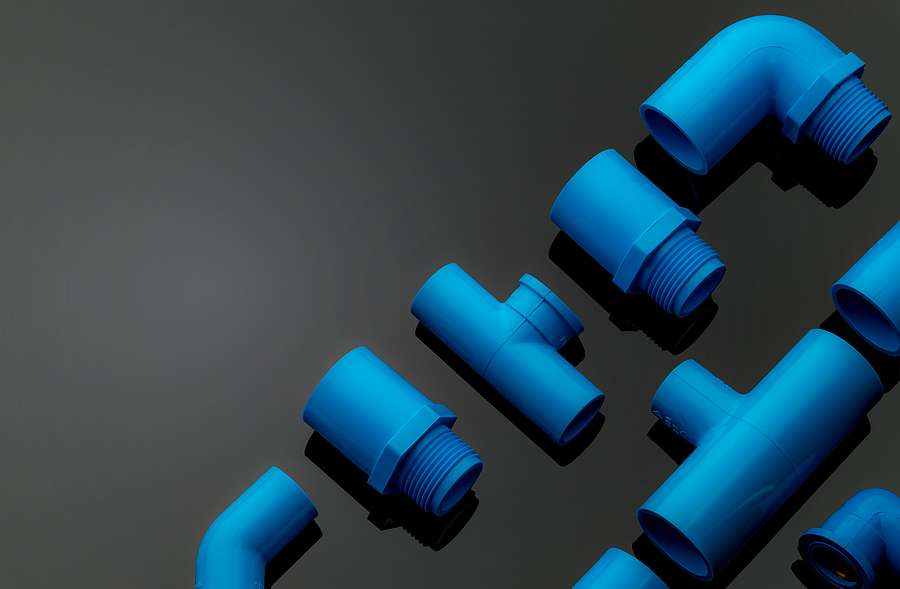What is tolerance, and how does it affect your injection-molded plastic product?
Coming up with plastic parts for your products requires that their dimensions fit perfectly. It’s easy to give out measurements for the kind of components you want; getting them to have identical measurements to your requirements is an almost impossible endeavor to achieve.
The type of manufacturing process you go for also has a great bearing on the quality of the end product. Injection molding is one of the best processes you can encounter with standards like DIN 16901 among others, but it’s still not able to produce parts with the correct fit.
The only way out of such a situation where it’s impossible to get an exact match is to leave room for some differences in dimension. They don’t have to be major; they just need not interfere with the product design.
This is where tolerances come in.
What Is Tolerance?
Tolerances are an engineering requirement. In simple terms, they are permissible variations to the original measurements of the parts or the base measurement. As it is impossible to produce a product that strictly adheres to the base measurements, some leeway gets factored into the design of products.
This margin ensures that all dimensions for molded products fit the assembly requirements. For example, you may want to create products with a diameter of 2.8mm. However, attempting to manufacture them may end up with some of them measuring 2.6 mm.
What tolerances do is to set minimum and maximum values for the manufacturing process in a way that ensures the product fits. In this case, the lower limit can be set at 0mm while the upper limit is set to 0.3mm. This way, you are guaranteed products whose diameters range between 2.8mm and 3.1mm.
What Affects Tolerance?
The type of polymer used during the creation of your products greatly determines whether the tolerances are within acceptable limits. As distinct polymers get injected into the mold, they cool and shrink at different rates.
Even though these shrinkage rates can be easily accounted for, the end product will have different tolerance ranges and deviations from the acceptable ranges. The range is a measurement of the difference between the largest and smallest measurements of dimensions in the produced batch.
Other factors that determine tolerance include the design of the product, the complexity of the design as well as the environment the injection molded parts will be operating in.
Minimum/Good Tolerances for Plastic Manufacturing
The good, or rather, minimum tolerances are determined by the plastic polymer you choose to use for your products. These tolerances also come in different forms. For one, there are dimensional, straightness/flatness, and hole diameter tolerances. They are also split into commercial tolerances and precision tolerances, which are higher in cost.
Given that an injection-molded physical contraction is a result of cooling, the aspect of temperature reduction is affected by other factors as well. They include the melt thermal reading, the cooling rate, the thickness of the part, the dimensions of the gate, and many more.
Additionally, a section of the molded product that is thicker than another will experience more shrinkage. All these factors are because even though it is possible to predict the behavior of the plastic polymer you want to be molded; the material will never behave as expected 100% of the time.
The polymer in question may also experience warpage. This is especially true with parts that are non-uniform as they shrink at different rates in comparison to parts that have uniform wall thickness. These non-uniform parts can occur whenever the part’s design has an issue.
With these factors in mind, it is best to always negotiate a practical tolerance with the production unit. Tolerance is important when making orders for your plastic products. If you’re unsure how to determine this or would like more information, contact us today.

